Given current events, including Read Across America Week, we have a series of posts for you — including news, research, and a perspective — on books.
EdNC’s Rupen Fofaria spotlights Gov. Cooper’s visit to an elementary school during Read Across America Week. Fofaria writes, “This year’s reading celebration coincides with North Carolina’s first year implementing the Excellent Public Schools Act of 2021, a law requiring elementary literacy instruction be grounded in the science of reading.” His article explores the school’s celebration of diversity and inclusion, but also reminds us of the not uncomplicated history of Dr. Suess and the nation’s annual celebration of books. The article poses the question about whether books should be mirrors of ourselves or windows into the lives of others. What do you think? Here is the article.
Next up, news reporter Ivy Schofield for the Border Belk Independent shares the story of a Southern Baptist minister who objects when his third grader reads a book about Islam at the Robeson County School she attends. “I want them just to teach my child reading, writing and math,” McNeill said, “not undo what I’m doing at home.” His request to remove “Nasreen’s Secret School,” a book about a girl who attends a school for young women in Afghanistan, was denied by the school board. But that’s just the beginning of the story. Here is the article.
Here is research via Brookings on politics and school libraries and what shapes students’ access to controversial content. The author has three findings: 1) libraries in low-income areas have less staffing and collections that are not as current; 2) access to controversial content is related to local political environments; and 3) book challenges may have chilling effects on access to LGBTQ+ content.
Kendra Bryant, an assistant professor of English and the composition director at North Carolina A&T State University, offers her perspective about why educators should center authors of color. Here is her perspective.
A reminder that this is not just an issue in North Carolina. The Economist recently published this world tour of book bans.
Featured Read
Canton mill to go dark: What’s next in the shadow of mill’s closure?
The mill's closure came as a surprise, and there was no advance notice or coordination with Canton town leaders, county officials or the state job employment agency. The mill employs 1,100 workers.... Read the rest



